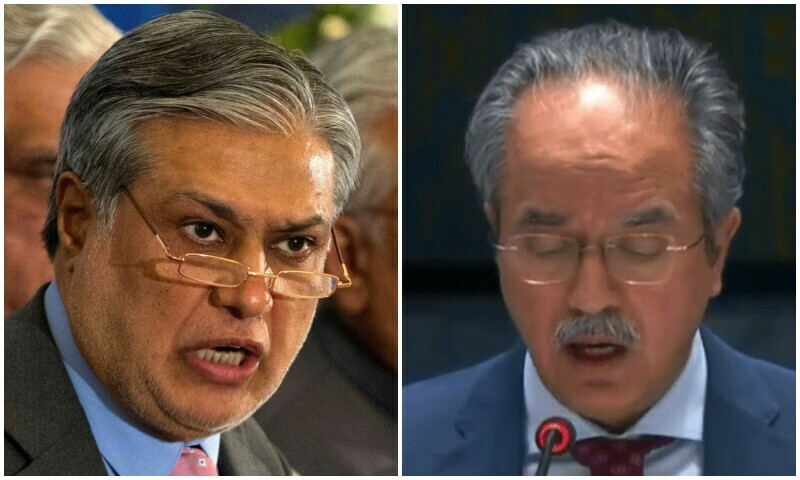Escalating Tensions Prompt UN Move
Pakistan has formally decided to brief the United Nations Security Council (UNSC) about the latest regional developments following heightened tensions with India. The decision, confirmed in a statement by the Foreign Office, comes after a deadly attack in Indian-occupied Kashmir’s Pahalgam on April 22, which left 26 people dead—mostly tourists.
India has accused cross-border elements without presenting evidence, a claim Islamabad categorically denies. In response, Foreign Minister Ishaq Dar has instructed Pakistan’s Permanent Representative to the UN, Ambassador Asim Iftikhar, to initiate steps for convening a Security Council meeting.
Pakistan intends to highlight several pressing concerns, including India’s suspension of the Indus Waters Treaty—a move Islamabad deems illegal—as well as New Delhi’s military posturing and inflammatory statements. The Foreign Office emphasized that this diplomatic initiative aims to present accurate facts to the global community and safeguard regional peace.
National Security Briefings and Military Readiness
Amid this standoff, Pakistan’s civil and military leadership has moved to ensure national consensus on defense readiness. Inter-Services Public Relations (ISPR) Director General Lt General Ahmed Sharif Chaudhry and Federal Information Minister Attaullah Tarar are scheduled to brief the leadership of all political parties on the current security situation.
These briefings will cover the operational preparedness of Pakistan’s armed forces, recent diplomatic efforts, and the country’s official stance. State broadcasters, PTV and Radio Pakistan, described the move as a vital symbol of national unity.
India, meanwhile, has taken several escalatory steps—revoking visas for Pakistani travelers, suspending the Indus Waters Treaty, initiating border skirmishes, and threatening airstrikes. In turn, Pakistan has denied involvement in the Kashmir attack and has reinforced its defenses along the Line of Control (LoC). In a show of strength, Islamabad recently test-fired an upgraded Abdali missile, extending its range to 450 kilometers.
The Chief of Army Staff (COAS), General Asim Munir, warned that any Indian “misadventure” would be met with a “swift and resolute” response. Precautionary logistical steps have also been taken in Azad Jammu and Kashmir (AJK), where food supplies are being stockpiled in vulnerable areas.
Regional Reactions and Political Responses
Efforts to reduce tensions are also underway diplomatically. Iran’s Foreign Minister Abbas Araghchi is expected to visit both Pakistan and India to discuss regional security. Iran has already offered to mediate between the two nations, an offer welcomed by Prime Minister Shehbaz Sharif in a phone call with President Masoud Pezeshkian.
Malaysia has expressed concern as well. During a call with Malaysian Foreign Minister Dato Seri Mohamad Hasan, Ishaq Dar rejected India’s accusations and reiterated Pakistan’s right to safeguard its sovereignty. The Organisation of Islamic Cooperation (OIC) also issued a statement calling for de-escalation and a resumption of dialogue based on UN Security Council resolutions on Kashmir.
Meanwhile, Pakistan Tehreek-e-Insaf (PTI) declined to attend the government’s security briefing, citing the lack of a genuine attempt to build political consensus. The party criticized the absence of its founder, Imran Khan, and the failure to convene a multi-party conference.
In another development, the social media account of PPP Chairman Bilawal Bhutto-Zardari was blocked in India. His party condemned the move as censorship in retaliation for his firm stance on Kashmir. Senator Sherry Rehman noted that silencing critics will not suppress the truth and criticized India’s refusal to present evidence.








